After the birth of the baby and as he grows older every day in his development, you can observe something new. You can not ignore the symptoms that are disturbing for the mother, for example, increased salivation after the second month of life. The baby is drooling, which at first does not cause any discomfort to the baby, then, after a few days, the salivation becomes more abundant, and the mother has to change her baby clothes more often. If the child’s chin is constantly under the influence of saliva, then he becomes irritated, inflamed, and then the baby begins to show anxiety, because irritation and a rash cause him pain. Why the baby is drooling, and what is characterized by this phenomenon, we will consider further in the article.
Causes of excessive salivation in infants
1. Soon the teeth!
The main reason for increased salivation in babies is the preparation of gums for teething. This period can begin from 2 months and continue during the first one and a half years of the baby's life. Teeth can move even in the gum itself and cause pain to the baby. And saliva softens inflamed gums and has an anti-inflammatory effect, as nature itself intended. You are unlikely to cope with salivation in this case, but you can help your teeth get born by buying baby toys-rodents and special teethers, for example, filled with water. They can be chilled in the refrigerator and given to the child to scratch the gums. Painful sensations will be much less intense.
2. Intensive work of the salivary glands.
The salivary glands are not yet fully formed, and during the first year of life can from time to time arrange a “check” of their work. Too much saliva is secreted, the baby is not able to swallow it all, and it flows out. Fortunately, such periods are short-lived and are quite rare, but nevertheless have a place to be.
3. The fight against bacteria.
Already from the age of three months, the baby drags rattles into his mouth. And the older you get, the more you want to try it “by heart”. Any dirty object can cause an unpleasant disease in a child - stomatitis. The body wants to get rid of the pathogen by all means, and since saliva has bactericidal properties, the oral cavity is literally washed by the saliva from germs. Hence the complaints of parents about increased salivation in babies.
4. Hypersalivation.
I would like you to never come across this term in everyday life. In this case, increased salivation may be a sign of a more serious illness. Parents should control every change in their behavior and health. It is necessary to consult with a specialist in order to exclude diseases of the brain, an unequal system, and the presence of tumors.
Hypersalivation is one of the signs of the disease, usually primary, because discoordination of movements in infants is difficult to determine, because the baby himself is only learning everything. The neurologist and pediatrician will more clearly see the picture of what is happening, so do not make hasty conclusions, but be alert.
What to do and how to help a child with increased salivation?
The fact that the baby is drooling in most cases indicates teething. It is useless to deal with this; you cannot influence this process. But to make life more comfortable for yourself and your child is quite possible for you too:
- so that clothes are not saturated with saliva, wear special collars with a waterproof lining on the child;
- on the street, try to give the baby a pacifier, it will help the baby swallow saliva;
- the baby’s gums itch, so you can massage them with a clean index finger, gently pushing on the proposed areas of eruption;
- gel for gums will cool the inflamed areas, relieve redness and after a couple of seconds the child will be calm and not hurt.
Remember that abundant salivation in a child is a temporary phenomenon, with the eruption of the first primary teeth the child will be much easier and saliva will no longer be secreted in such a large amount. Wait for this period, and to exclude false diagnoses, contact a specialist - your local pediatrician. Easy teething, be healthy!

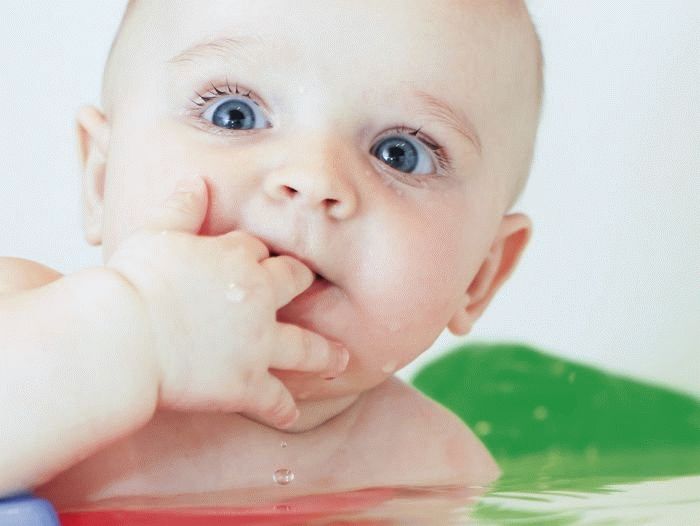



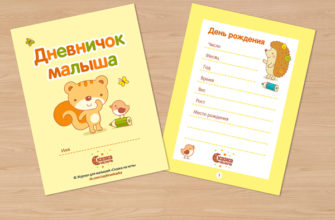
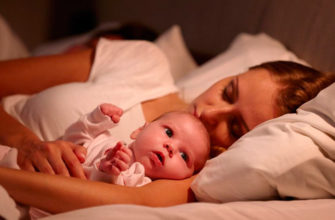
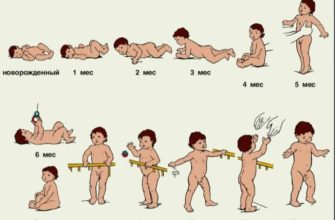
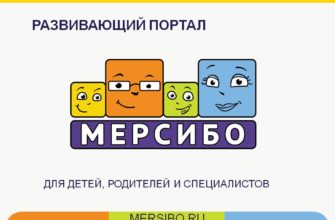

The article is very useful, it gleaned a lot of useful information, I recommend it to my sister, her baby’s teeth will soon erupt. But me and my daughter this bowl safely passed. There was salivation, but everything went very neatly and quickly, almost never drooling))
My boy did not have so much salivation to worry. I bought teethers and smeared Kamistad with a special ointment.
And we didn’t have much saliva) Although, I met kids who had a lot during teething. Your advice is very helpful, thanks!
And we had so much saliva that bronchitis happened twice, I simply could not cough up, even though I pressed the root of the tongue, two teeth came out, now I’m expecting the rest with a rhinestone ...